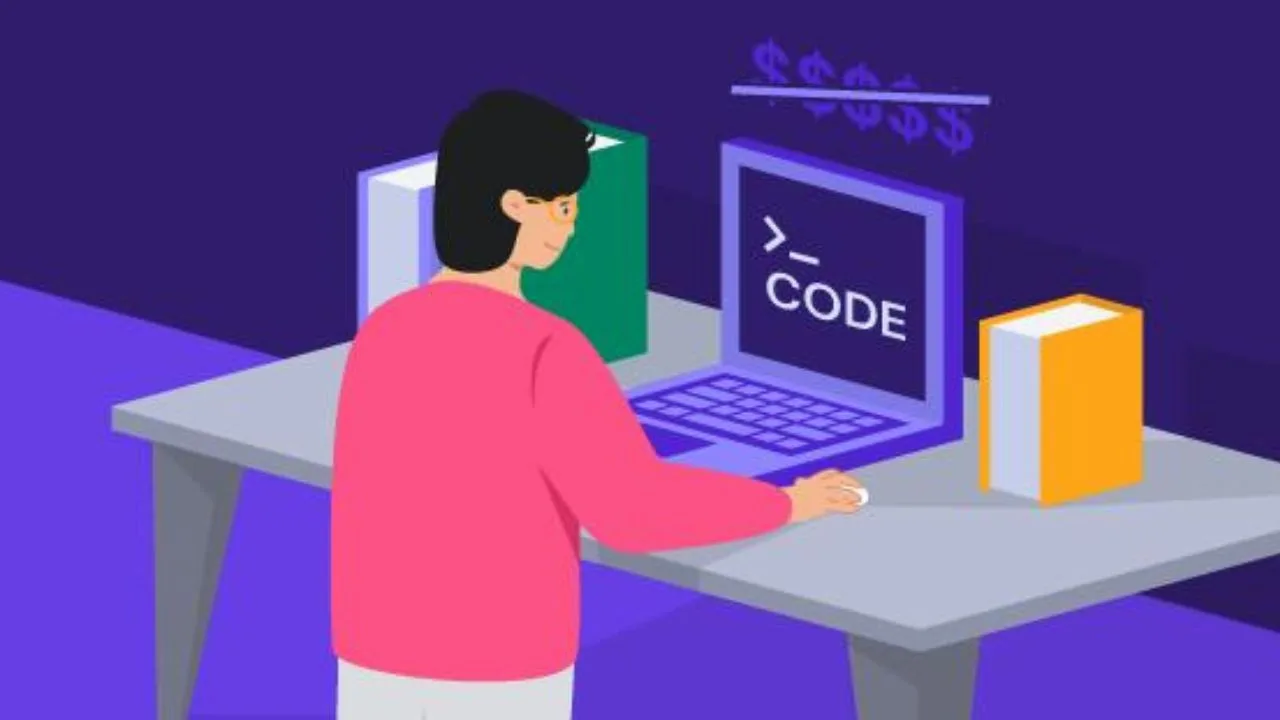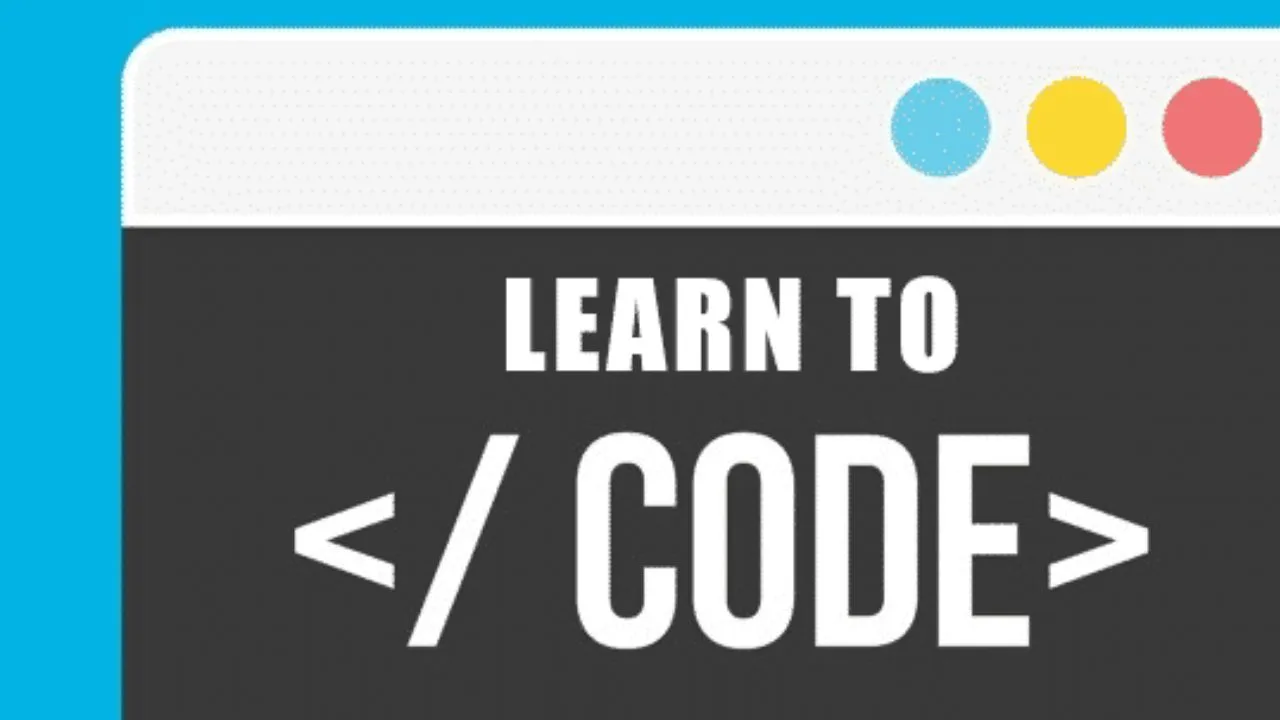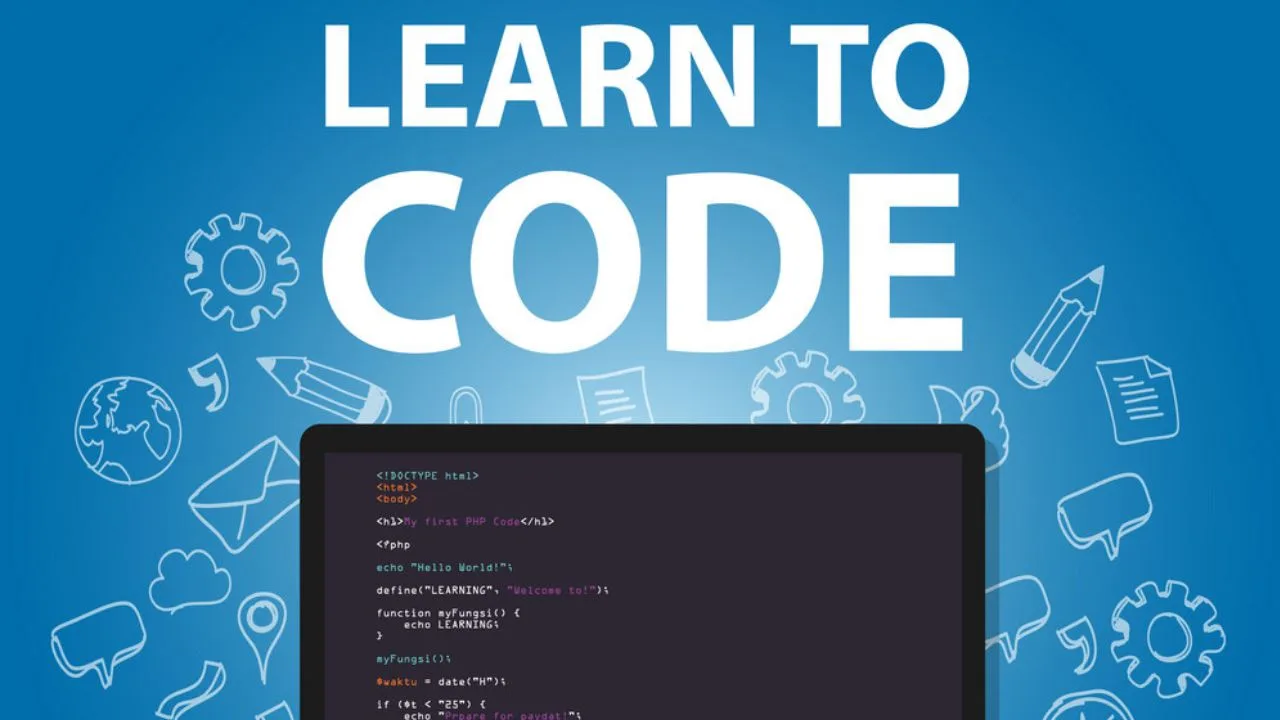Learn to Code – Coding tells a machine which actions to perform and how to complete tasks. Coding is a simple process of implementing a programming language that gives instructions to a computer. These instructions power websites, software, and applications that propel you every day.
1. Understand What Coding Is
Coding, also known as programming, involves writing instructions for the computer to follow. If you give clear instructions, the computer produces the desired outcome. Even thinking about coding gives the computer recipes to follow.
2. Learning a Language

Many beginning coders struggle with which language to pick first. The actual language you’ve started with may not make a difference when it comes to data structures and logic.
3. Find the Right Learning Resources
There are numerous resources available to learn coding.
• Online Courses- Websites like Code academy offer structured courses that can guide you through the basics of programming.
• YouTube Tutorials– Many programmers share free tutorials on YouTube.
Books- Books like “Python Crash Course” by Eric Mathmatics or “Eloquent JavaScript” by Marijn Haverbeke provide a solid foundation in programming.
4. Expanding Your Knowledge
Beyond learning simple programming, you will benefit a lot from logic and math classes, as these are often required for advanced programming.
Programming involving physics calculations and other simulations requires a strong understanding of algorithms and models.
Logic is the fundamental basis of programming, so understanding logic and processes will help you problem-solve when you are coding.
5. Understanding Basic Concepts
• Variables- Variables are containers that contain information. In Python, you are creating variables, so store them. And behind the text, you can also create functions.
• Functions- You can create functions to greet someone. Functions are blocks of code designed to perform specific tasks
• Loops- Loops allow actions to be repeated

6. Advanced Concepts and Tools
• Data Structures
• Error Handling
• Libraries and Frameworks
• Version Control
• Building Projects
• Debugging
7. Practice
This is years of applied practice. True mastery of programming will come only after you put the time in to practice and become proficient. Try to spend time programming every day, even when you’re not working. Programming in your free time can lead to breakthroughs and new ideas.
Conclusion
Learning to use code effectively involves understanding fundamental concepts, practicing regularly, and applying your knowledge to real-world problems.
Start with simple projects, explore more advanced topics as you go, and leverage available resources to support your learning journey. With dedication and curiosity, you’ll find coding to be a rewarding and empowering skill.


